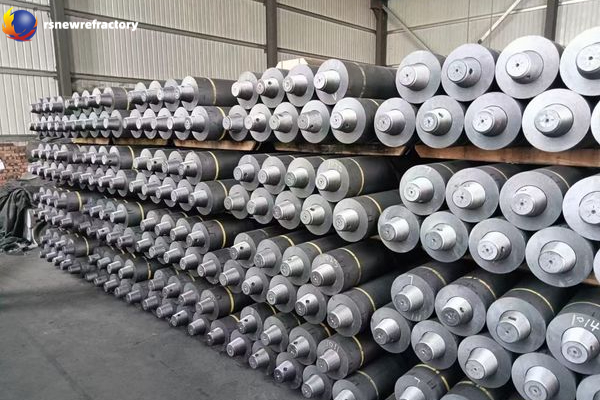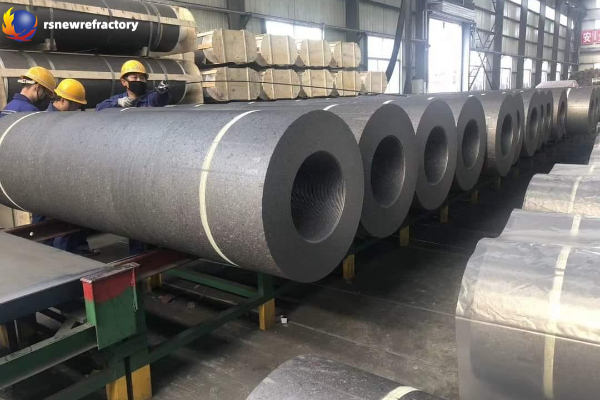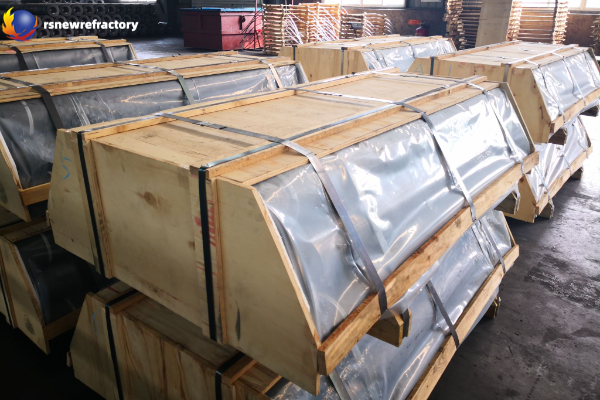Graphite rod electrode application
Graphite rod electrode is a high-temperature resistant graphite conductive material. Graphite electrodes are mainly made of two raw materials: oil-based or coal-based needle coke and coal tar pitch.
The process flow of graphite electrode production includes mixing, pressing, roasting, asphalt impregnation, re-baking, graphitization, and mechanical processing. Graphite rod electrodes can conduct electricity and generate electricity to melt scrap iron or other raw materials in blast furnaces to produce steel and other metal products. They are mainly used to make steel. Graphite electrodes have low electrical resistivity and are resistant to thermal gradients within the arc furnace. The main characteristics of graphite electrode production are long production cycles (usually lasting three to five months), high power consumption, and complex production processes.

Uses and properties of graphite rod electrode
- Used in electric arc steelmaking furnaces: Electric furnace steelmaking is a major user of graphite electrodes. Electric furnace steel production in my country accounts for about 18% of crude steel production, and graphite electrodes for steelmaking account for 70% to 80% of the total use of graphite electrodes. Electric furnace steelmaking uses graphite electrodes to introduce current into the furnace and uses the high-temperature heat source generated by the arc between the electrode end and the charge to smelt.

- Used in submerged arc furnaces: Submerged arc furnaces are mainly used to produce industrial silicon and yellow phosphorus. Their characteristics are that the lower part of the conductive electrode is buried in the charge, an arc is formed in the charge layer, and the heat energy generated by the charge’s own resistance is used to heat the charge. Submerged arc furnaces that require higher current density require graphite electrodes. For example, about 100 kg of graphite electrodes are consumed for every ton of silicon produced, and about 40 kg of graphite electrodes are consumed for every ton of yellow phosphorus produced.

 Rongsheng Refractories Factory
Rongsheng Refractories Factory
WeChat
Scan the QR Code with wechat